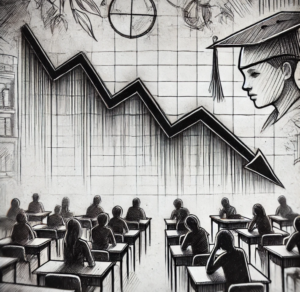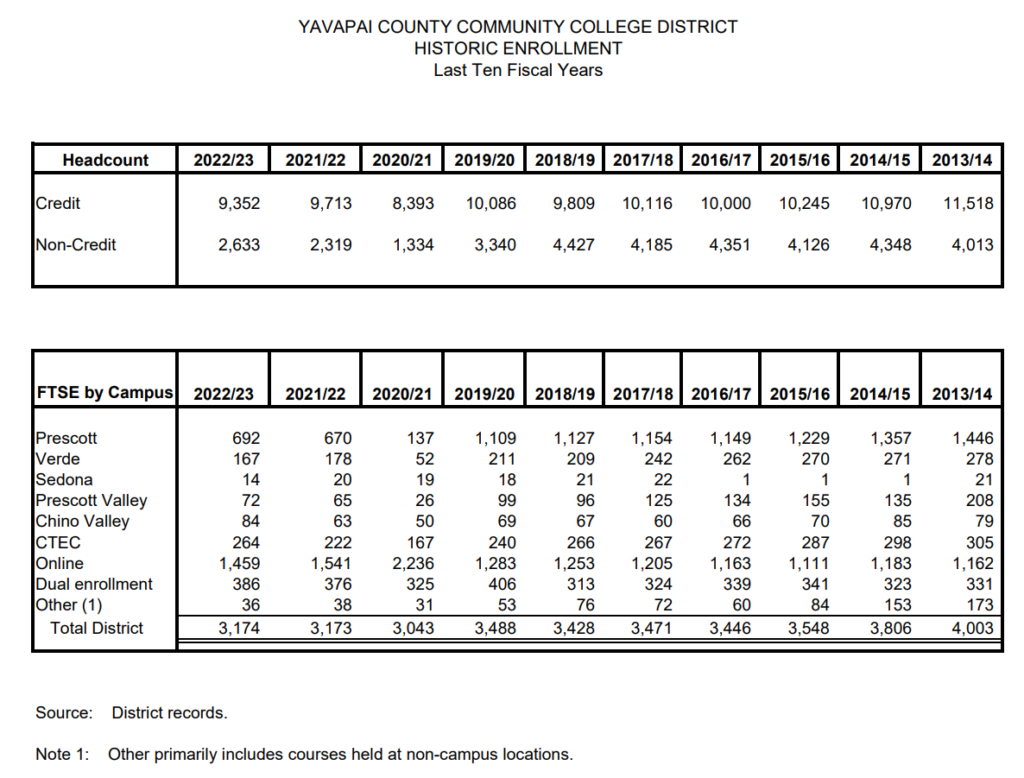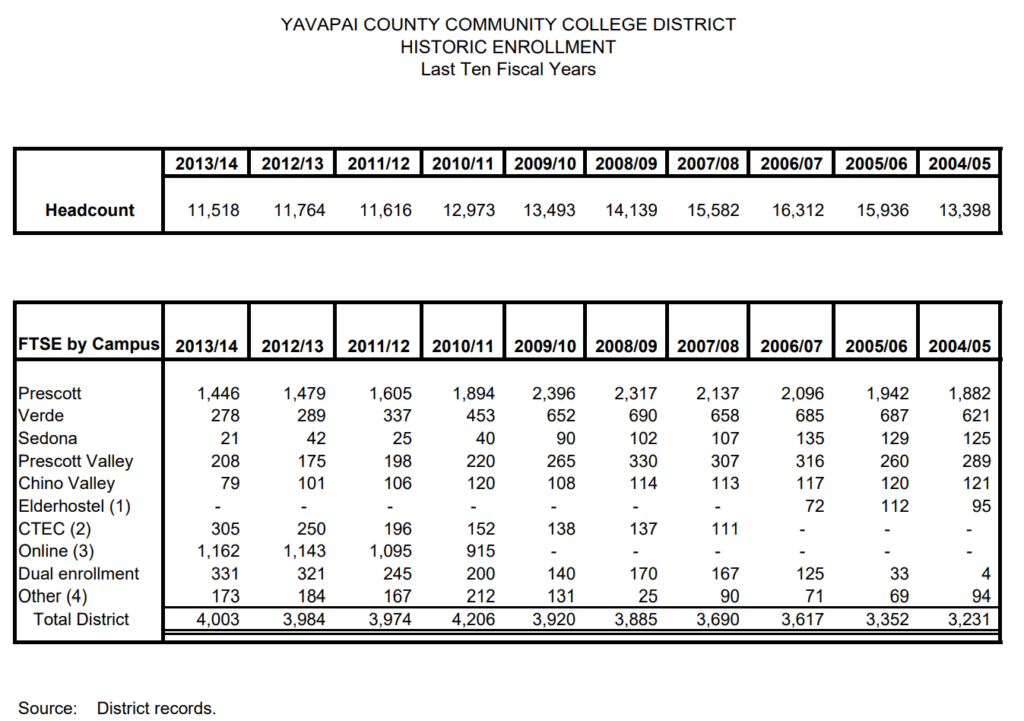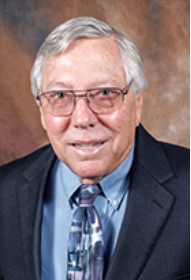Hours are from 4-6 p.m. at the campus located at 611 W. Black Hills Drive, Clarkdale, Arizona
 The Yavapai Community College Verde Valley Campus will have an Open House on August 8, 2024. The hours of the open house are from 4-6 p.m. at its campus located at 611 W. Black Hills Drive, Clarkdale, Arizona.
The Yavapai Community College Verde Valley Campus will have an Open House on August 8, 2024. The hours of the open house are from 4-6 p.m. at its campus located at 611 W. Black Hills Drive, Clarkdale, Arizona.
The Verde Valley Campus is home to more than twelve distinct degree programs and 20 certificate programs, in vocations ranging from Accounting to Nursing to Viticulture and the building trades.
Interested residents and potential students will have the opportunity to:
- ✅Meet experts who can help with answering questions.
- ✅Learn about certificate, associate, bachelors and transfer degrees.
- ✅See the Skilled Trades Center and computer labs.
- ✅View the newly renovated Center for Learning and Innovation.
- ✅Submit a free admission application for the coming academic year.
- ✅Learn about the availability of scholarships, financial aid, and strategies for keeping college costs down.
- ✅Tour the Verde Valley Campus..
Refreshments will be served, and prize drawings will be held for a Chrome Book, Amazon gift cards and more.
 The student enrollment data over the last two decades paints a grim picture for the Sedona Center and the Verde Valley campus. For example, the Sedona Center alone dropped from 125 FTSE in 2004/05 to 14 FTSE in 2022/2023. (FTSE is a calculation used by colleges that translates student credit hours into an equivalent number of full-time, full-year students.)
The student enrollment data over the last two decades paints a grim picture for the Sedona Center and the Verde Valley campus. For example, the Sedona Center alone dropped from 125 FTSE in 2004/05 to 14 FTSE in 2022/2023. (FTSE is a calculation used by colleges that translates student credit hours into an equivalent number of full-time, full-year students.)



 Yavapai Community College will receive a portion of the $4.5 million allocated by Arizona Governor Katie Hobbs earlier this year to support the College Workforce Scholarship program. The funds will be shared among nine other community colleges.
Yavapai Community College will receive a portion of the $4.5 million allocated by Arizona Governor Katie Hobbs earlier this year to support the College Workforce Scholarship program. The funds will be shared among nine other community colleges. In a recent press release, Yavapai Community College president Dr. Lisa Rhine reported on the Community College’s Virtual Reality pilot program. She explained that the College “piloted VR through a structured and experimental approach, involving multiple departments and classes, including 3D design, computer science, art history, CNC, construction, culinary, healthcare, HVAC, manufacturing and others. During the pilot year, more than 600 students participated in the VR programs, and 150 faculty members and 47 staff members were involved, along with 282 community members.”
In a recent press release, Yavapai Community College president Dr. Lisa Rhine reported on the Community College’s Virtual Reality pilot program. She explained that the College “piloted VR through a structured and experimental approach, involving multiple departments and classes, including 3D design, computer science, art history, CNC, construction, culinary, healthcare, HVAC, manufacturing and others. During the pilot year, more than 600 students participated in the VR programs, and 150 faculty members and 47 staff members were involved, along with 282 community members.” The Yavapai College Student Government Association (SGA) opened a free professional clothing shop in April for students on the Prescott Campus. According to the College’s press release, President Dr. Lisa Rhine was the catalyst for the business-clothing shop, “planting the seed” in mentoring meetings with SGA leaders who noted the difficulty some students face affording professional attire for job interviews and other occasions.
The Yavapai College Student Government Association (SGA) opened a free professional clothing shop in April for students on the Prescott Campus. According to the College’s press release, President Dr. Lisa Rhine was the catalyst for the business-clothing shop, “planting the seed” in mentoring meetings with SGA leaders who noted the difficulty some students face affording professional attire for job interviews and other occasions. On Wednesday afternoon, July 10, Yavapai Community College will hold an open house at its Prescott Valley Center for learning about healthcare careers. The Center is located at 3800 North Glassford Hill Road, Prescott Valley. The Open House will run for two hours from 3 p.m. to 5 p.m.
On Wednesday afternoon, July 10, Yavapai Community College will hold an open house at its Prescott Valley Center for learning about healthcare careers. The Center is located at 3800 North Glassford Hill Road, Prescott Valley. The Open House will run for two hours from 3 p.m. to 5 p.m. On June 15, 2024, Manzanita Outreach and Yavapai Community College partnered in a Healthy cooking class created by Faculty Director of Culinary Arts, Chef Carl Miller, and Chef Eric Seif. The purpose of the one-day class was to learn to cook four dishes, all of which utilized fresh items provided in the Manzanita Outreach food assistance boxes it delivers throughout the County.
On June 15, 2024, Manzanita Outreach and Yavapai Community College partnered in a Healthy cooking class created by Faculty Director of Culinary Arts, Chef Carl Miller, and Chef Eric Seif. The purpose of the one-day class was to learn to cook four dishes, all of which utilized fresh items provided in the Manzanita Outreach food assistance boxes it delivers throughout the County. The five-member Yavapai Community College Governing Board appears to be on a three month break. Its last publicly scheduled meeting for 2024 was the workshop held on the Prescott Campus May 28, 2024. Although the meeting schedule for the remainder of the year has yet to be posted, it appears that the first business meeting of the Board will not be held until sometime in September.
The five-member Yavapai Community College Governing Board appears to be on a three month break. Its last publicly scheduled meeting for 2024 was the workshop held on the Prescott Campus May 28, 2024. Although the meeting schedule for the remainder of the year has yet to be posted, it appears that the first business meeting of the Board will not be held until sometime in September.